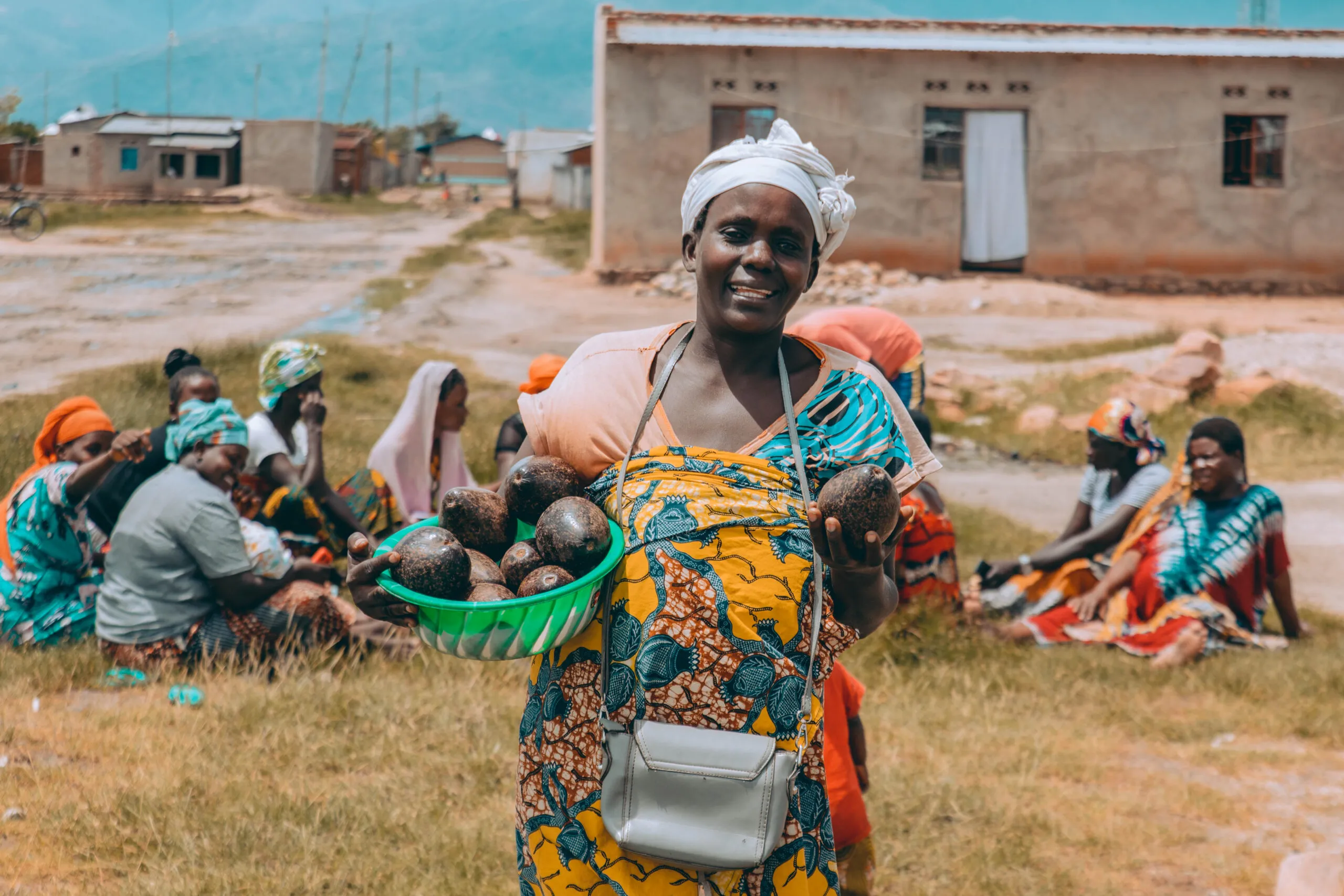
The government of Burundi has declared a humanitarian crisis you may not have seen in the midst of all the crises in the world. Double-digit food price inflation, 1.23 million people facing food insecurity, conflict in DRC impacting trade, and more than 200,000 people displaced: the crises in Burundi barely get enough attention globally. In fact, Burundi is the third in the list of most under-reported crises. If you haven’t been following the situation in Burundi, here are 4 things women in Burundi want you to know.
Women (in VSLAs) Respond, an ongoing exercise conducted by CARE, listens to how women in Village Savings & Loan Associations (VSLAs) are affected by and responding to shocks and crises in their communities. Read More
As the global economy undergoes two major shifts—the AI revolution and the green transition—we are at a critical crossroads: these transitions hold the power to help bring about a more equitable economy, but today’s markets are failing women. If we fail to act now and reshape markets, we risk aggravating inequality for generations to come and missing out on trillions worth of global growth. This report highlights systemic barriers women face in today's economies, the cost of inequality, and the opportunities for investing in women to create a thriving future for all. Read More
Strive Women’s 2024 baseline research assessed participants' financial health, financial inclusion, and business performance. This brief highlights findings related to entrepreneurs' confidence, decision-making, and control within Strive Women’s Financial Health Framework. Read More